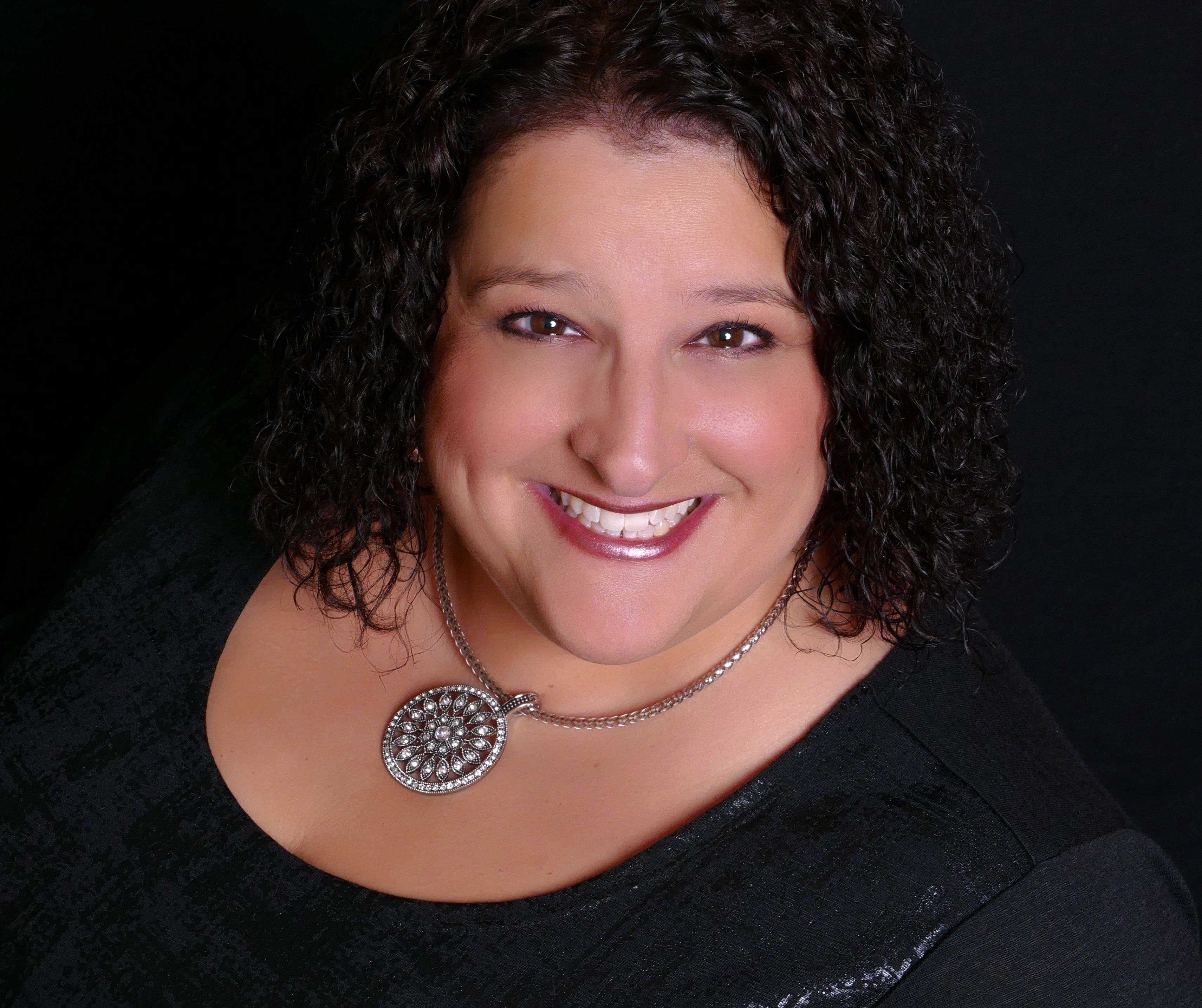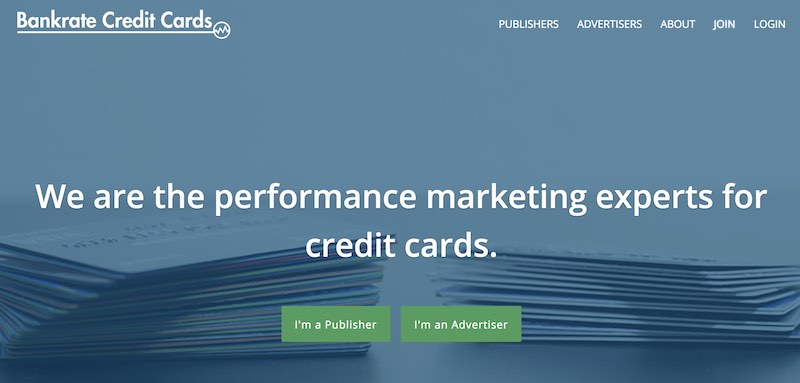Table of Content
The lists do not show all contributions to every state ballot measure, or each independent expenditure committee formed to support or oppose a state candidate, only those committees that have raised $1,000,000 or more and have at least one contributor of $10,000 or more. The Public Policy Institute of California is dedicated to informing and improving public policy in California through independent, objective, nonpartisan research. Rachel Lawler is a survey analyst at the Public Policy Institute of California, where she works with the statewide survey team. Prior to joining PPIC, she was a client manager in Kantar Millward Brown’s Dublin, Ireland office. In that role, she led and contributed to a variety of quantitative and qualitative studies for both government and corporate clients.

In its broadest sense, Open Banking has created a secure and connected ecosystem that has led to an explosion of new and innovative solutions that benefit the customer, rapidly revolutionizing not just the banking industry but the way all companies do business. Target benefits are delivered through speed, transparency, and security, and their impact can be seen across a diverse range of use cases. I think there's been some discussion that people may litigate some of these things, so I can't comment, because those frequently do come to our courthouse.
November 2022 General Election
That kind of analysis would not be feasible, you wouldn't even be able to do that for most companies, on their own premises. So some of these workloads just become better, become very powerful cost-savings mechanisms, really only possible with advanced analytics that you can run in the cloud. There have been analyst reports done showing that…for typical enterprise workloads that move over, customers save an average of 30% running those workloads in AWS compared to running them by themselves.
But the agency is also taking up initiatives with fintech industry support, including finally setting up open-banking rules to guide data-sharing between financial institutions and tech companies. The new court decision comes as the CFPB, under Biden-appointed director Rohit Chopra, has taken a more aggressive stance toward the financial industry than his Trump administration predecessors. That includes a growing focus on fintech products such as algorithmic lending and “buy now, pay later” arrangements. Chopra has also promised scrutiny over the way large technology companies are expanding into financial services. Mark Baldassare is president and CEO of the Public Policy Institute of California, where he holds the Arjay and Frances Fearing Miller Chair in Public Policy.
Mahesh Kedia VP, GTM Strategy, New Market Entry and Revenue Operations, Marqeta
In the first six months of the pandemic, Zoom's demand went up about 300%, and they were able to seamlessly and gracefully fulfill that demand because they're using AWS. You can only imagine if a company was in their own data centers, how hard that would have been to grow that quickly. The ability to dramatically grow or dramatically shrink your IT spend essentially is a unique feature of the cloud. A lot of people are drowning in their data and don't know how to use it to make decisions. Other organizations have figured out how to use these very powerful technologies to really gain insights rapidly from their data.

With the controlling party in Congress hanging in the balance, 51 percent of likely voters say they are extremely or very enthusiastic about voting for Congress this year; another 29 percent are somewhat enthusiastic while 19 percent are either not too or not at all enthusiastic. In October 2018 before the last midterm election, a similar 53 percent of likely voters were extremely or very enthusiastic about voting for Congress (25% extremely, 28% very, 28% somewhat, 10% not too, 8% not at all). Today, Democrats and Republicans have about equal levels of enthusiasm, while independents are much less likely to be extremely or very enthusiastic. Half or more across regions are at least very enthusiastic, with the exceptions of likely voters in Los Angeles (44%) and the San Francisco Bay Area (43%). At least half across demographic groups are highly enthusiastic, with the exceptions of likely voters earning $40,000 to $79,999 annually (48%), women (47%), Latinos (43%), those with a high school diploma or less (42%), renters (42%), and 18- to 44-year-olds (37%). When asked about the importance of abortion rights, 61 percent of likely voters say the issue is very important in determining their vote for Congress and another 20 percent say it is somewhat important; just 17 percent say it is not too or not at all important.
Video: Californians and Their Government
– Today, the Consumer Financial Protection Bureau issued guidance about two junk fee practices that are likely unfair and unlawful under existing law. The first, surprise overdraft fees, includes overdraft fees charged when consumers had enough money in their account to cover a debit charge at the time the bank authorizes it. The second is the practice of indiscriminately charging depositor fees to every person who deposits a check that bounces. The penalty is an unexpected shock to depositors who thought they were increasing their funds. We're a big enough business, if you asked me have you ever seen X, I could probably find one of anything, but the absolute dominant trend is customers dramatically accelerating their move to the cloud. Moving internal enterprise IT workloads like SAP to the cloud, that's a big trend.
We continue to both release new services because customers need them and they ask us for them and, at the same time, we've put tremendous effort into adding new capabilities inside of the existing services that we've already built. Of the companies that incorporated using Stripe, 92% are outside of Silicon Valley; 28% of founders identify as a minority; 43% are first-time entrepreneurs. Fintech puts American consumers at the center of their finances and helps them manage their money responsibly. From payment apps to budgeting and investing tools and alternative credit options, fintech makes it easier for consumers to pay for their purchases and build better financial habits. Consumers can submit complaints about overdraft and depositor fees, as well as about other financial products or services, by visiting the CFPB’s website or by calling 411-CFPB .
Bank Owned
When a consumer deposits a check that bounces, banks sometimes charge a fee to the depositor, usually in the range of $10 to $19. However, a person trying to deposit a check has no idea or control over whether the check will clear, and sometimes, that person is the victim of check fraud. In fact, there are many reasons deposited checks can bounce, and the most common reason is that the check originator does not have enough money available in their account. Charging a fee to the depositor penalizes the person who could not anticipate the check would bounce, while doing nothing to deter the originator from writing bad checks. Microsoft says these same principles will also apply to the future Xbox mobile store, which could be enough to lure developers onto the platform.
He has previously worked at MIT Technology Review, Gizmodo, and New Scientist, and has held lectureships at the University of Oxford and Imperial College London. Prior to POLITICO, Bennett was co-founder and CMO of Hinge, the mobile dating company recently acquired by Match Group. Bennett began his career in digital and social brand marketing working with major brands across tech, energy, and health care at leading marketing and communications agencies including Edelman and GMMB. Bennett is originally from Portland, Maine, and received his bachelor's degree from Colgate University. In other cases, just the fact that we have things like our Graviton processors and … run such large capabilities across multiple customers, our use of resources is so much more efficient than others.
At its core, it is about putting consumers in control of their own data and allowing them to use it to get a better deal. The internet economy is just beginning to make a real difference for businesses of all sizes in all kinds of places. The increased transparency brought about by Open Banking brings a vast array of additional benefits, such as helping fraud detection companies better monitor customer accounts and identify problems much earlier. And in order for the public to have faith and trust us, they need to understand what it is that we're doing and what we're saying. But I think there are many judges who are trying to make the judiciary more accessible, and so people can see the work that we're doing and understand what we're doing and then make their own opinions about if it's right or wrong. But at least, if it's understandable, then there's still some trust in the framework even if you don't agree with how our decisions are stated.
In some cases, that's by choice; in other cases, it's due to acquisitions, like buying companies and inherited technology. We understand and embrace the fact that it's a messy world in IT, and that many of our customers for years are going to have some of their resources on premises, some on AWS. We want to make that entire hybrid environment as easy and as powerful for customers as possible, so we've actually invested and continue to invest very heavily in these hybrid capabilities. Inside of each of our services – you can pick any example – we're just adding new capabilities all the time.















